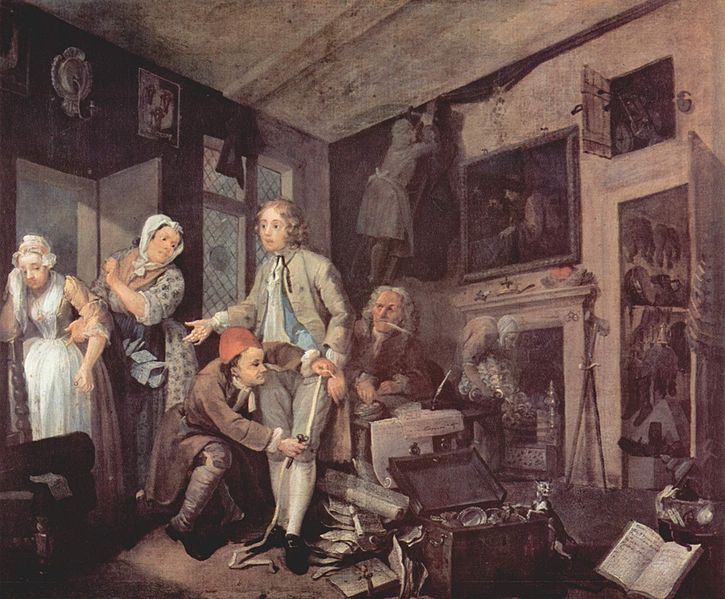Expenses
There is consensus that MPs must be adequately remunerated for the level of responsibility that is assumed. Here are a few thoughts on expenses reform:
- Every MP has a "grace and favour" 2 bedroom residence that is centrally located within easy distance of Westminster. This will be minimally furnished - no moats, no duck ponds and no mock Tudor beams. There will be no rent, but no expenses can be charged for accommodation. This would have the advantages that if maintenance needs to be carried out it can be done via a central contract and therefore, cheaper.
- The only expense that would be acceptable is travel to and from the constituency. The cost of this is paid at a standard class train or plane fare, if they wish to upgrade, then it is at their own expense.
- The MPs wage will increase to £75,000. Any future cost of living increase will be decided upon by an independent panel which will not be responsible to Parliament.
- No MP, whilst in office, can have any other form of employment that might compromise their role as a MP. Such examples can be found here. MPs are in Parliament to represent their constituents, not their interests.
- Staff (Parliamentary and constituency based) to be paid centrally.
- Tax-payers contributions to MPs' pension funds to be significantly reduced.
Parliamentary Reforms
Britain has probably the most archaic Parliamentary system in the western world, built on convention and precedence. Affectionately known as a elected dictatorship, the winning party in a general election commands the executive and the legislature, George W. Bush would have started Armageddon with this power. The second House is weak and ineffectual, filled with representatives of the current government. The situation demands reform:
- Reduce the number of MPs in the House of Commons, and have them elected via a form of proportional representation.
- Make the House of Lords wholly elected. This could be done via a number of different routes, maybe a more representative federal system. Furthermore, rebuke the Parliament Act which allows the House of Commons to completely overrule the Lords, if it does not endorse a Bill.
- MPs must have substantial links to the constituency that they represent. This will reduce the MP becoming the spokesman for the party in the constituency, rather than representing the constituency at a national level.
- Devolve power away from Westminster to a local level within certain parameters.
- Reduce the power of the party whip. This is probably wishful of all the points.
By instigating these reforms, Britain would become a more democratic country, with more people enfranchised. This is a true bicameral system that would build solutions on consensus and avoid landslides that allowed Britain to slip into war with Iraq.




What about state-funding of political parties - with strict limits upon what can be spent on advertising etc?
ReplyDeleteCash for honours scandals would disappear at a stroke...
I agree. Party funding via the state would certainly allow for a more transparent party structure. Furthermore, it may also reduce the two party parliament that is in existence at this current moment.
ReplyDelete